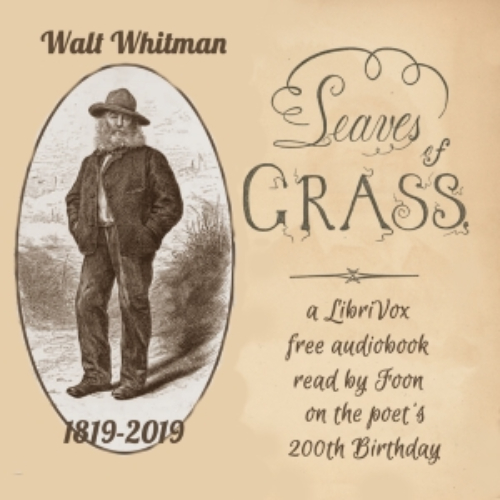Walt Whitman’s epochal life’s work “Song of Myself” is a profound exploration of the self, the universe, and the ineffable connections that bind all existence together. Among its verses, Section 21 stands out as a consummate expression of Whitman’s all-embracing spirituality and transcendent vision.
Published in 1855 as part of the groundbreaking poetry collection “Leaves of Grass”, “Song of Myself” was Whitman’s ambitious attempt to “celebrate himself and sing himself.” In free verse lines of organic brilliance, he sought to capture the essence of the American experience through his own physicality, emotions, and perspective. Eschewing the conventions of his time, Whitman wrote with a plainspoken honesty and sexual candor that was as shocking as it was revolutionary.
Section 21 of “Song of Myself” is a sublime tapestry woven from Whitman’s mystic musings on nature, the soul, and humanity’s spiritual yearnings. Consisting of just 15 lines, it is a compact yet infinite poem, encapsulating the poet’s profound sense of kinship with all living beings and the cosmos itself. With artfully employed imagery and metaphor, Whitman invites the reader to transcend the boundaries of the individual self and connect with the divine essence pulsing through all of creation.

The section opens with a striking line that immediately sets a tone of mystical awe: “I admit things are curious and would like them explained to my satisfaction.” This expresses both a sense of childlike wonder at the universe’s mysteries as well as a yearning to understand the intricate workings of existence itself. The “things” Whitman speaks of are not overtly defined, allowing the line to resonate with the unanswered spiritual questions that have vexed humanity since time immemorial.
Whitman then turns his poetic lens to the natural world, finding symbolic meaning and enlightening metaphors in even the most mundane aspects of the physical plane. “A mouse is miracle enough to stagger sextillions of infidels,” he proclaims with characteristic swagger. The lowly mouse, so often overlooked, is celebrated as a wondrous demonstration of the infinite complexity and intelligence inherent in nature’s design. This idea is reinforced and expanded upon in the subsequent line: “And I think the hissing of the wet wood in the stove could be the beginning and the end of everything.”
By drawing the reader’s focus to these seemingly trivial details, Whitman compels us to recognize the intricate beauty and sacred significance surrounding us in every moment. The “hissing of wet wood” in a stove may seem unremarkable to the unobservant mind, but to the mystic poet, it evokes the eternal cycles of birth, death and renewal coursing through the cosmos. These lines signal Whitman’s ability to find reflections of the metaphysical in the most grounded and familiar elements of daily life.
In the center of the section, Whitman delivers some of his most profound and unabashedly spiritual proclamations:
“I can do nothing more than acknowledge the delicious muck underneath my examination would inherit as much as the most high and delicate prince or princess,
I gather the gaiety from the bravest and most inspiring, the glitters of green-growing grain and delivering bounties, the contradictions of the night and day and of the summer and winter seasons.”
Here we see Whitman wholly embracing the interconnectedness of all existence, bestowing equal reverence upon the “delicious muck” of the material world as the celestial grandeur of royal aristocracy. In his transcendent vision, even the humblest of creatures and matter contain the spark of divinity and are worthy of utmost appreciation and celebration. Whitman again turns his focus to the
